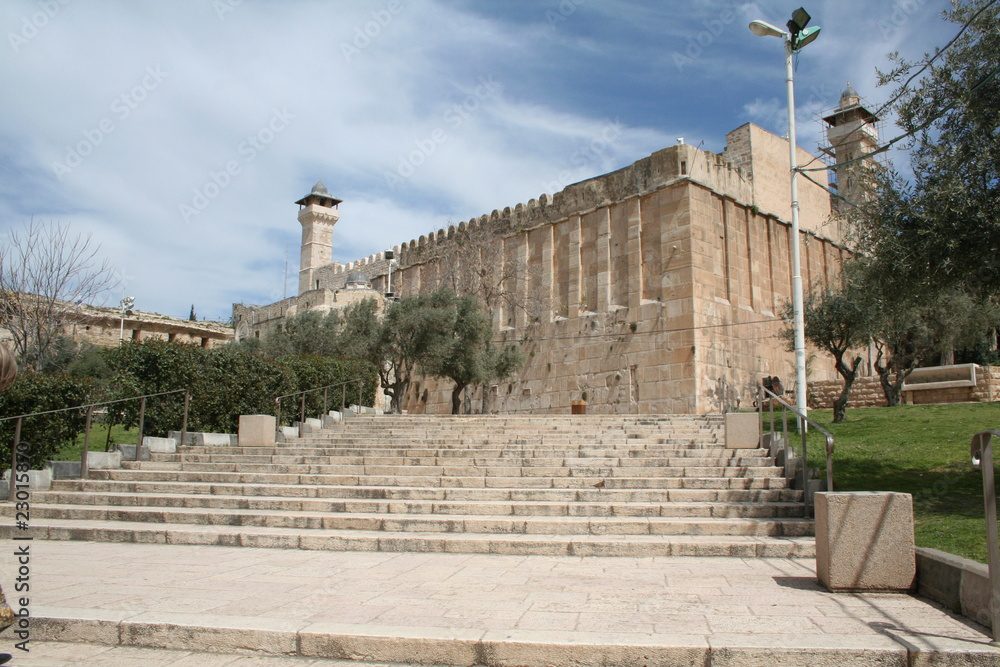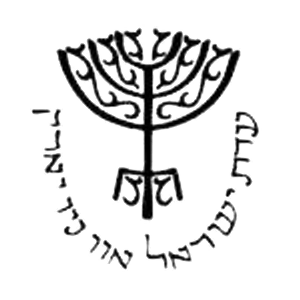The rule or general custom which should be followed is to schedule a funeral to take place without ‘undo’ delay after the demise. Therefore, because most funeral homes make it possible to make these arrangements, most funerals are held on the day following a death.
There are circumstances that may nevertheless prevent quick interment, which may not be avoided or overcome.
The most common are:
~ Sabbath or Traditional Holiday restrictions.
~ Waiting for a mourner, as is defined by Jewish Law, to arrive for the funeral.
~ A medical facility or medical examiner not issuing the required death certificate or transfer documents on time.
~ The additional period of time required for interstate shipping from a place of death or to the place of burial, which may even be overseas.
~ The inability to locate the legal next of kin or an Executor/Executrix of a Last Will and Testament to authorize and take responsibility for the funeral.
The staff at the United Hebrew Community of New York, knowledgeable in Jewish Law and tradition in concert with their Participating Licensed Funeral Directors, would automatically use their professional expertise to counsel a family and expedite a funeral. Usually, concerned advocates can overcome most obstacles with the least amount of anxiety for a family.
Our staff strongly suggests that those individuals who do not have a relative willing to authorize the funeral complete the Appointment of Agent Form to prevent unnecessary and unfortunate delays. Additionally, our Office staff would volunteer to act as an Agent should you not be able to find one.
Unbeknown to most people and many contemporary Jewish authorities, there is no known written Traditional Jewish Law that requires all wood coffin construction. On the contrary, in centuries past, the goal or criteria found in Jewish text was to purchase the lowest price coffin regardless of how it was made.
In a letter written in 1965 (The English translation here) to Hillel Jacobson, Executive Director of the United Hebrew Community of New York from HaRav Kalman Avraham Goldberg z"tl, Rabbi of the organization quotes the following: HaRav HaGoan Rabbi Eliyahu Henkin z"tl, the President of Agudas Harabonim and Ezras Torah in New York, and a recognized and leading Talmudic scholar of his time could not find such a written Jewish Law and that nails or metal are not permitted to be used.
This is not to say that the present custom originally initiated in New York should not be followed. Until 1963 most plain coffins and caskets were manufactured with both visible and covered metal nails or screws, as well as metal fasteners that were cleverly hidden by wood plugs.
The newly accepted custom is only to use coffins and caskets made entirely from wood, glue, and dowels and void of all metal. It originated at the request of a group of Brooklyn’s Flatbush Rabbis and Rabbi Samson Weiss, the Executive Director of Yeshiva University. The agreement was endorsed by the “Rav,” Rabbi Joseph B. Soloveitchik z"tl, Rosh Yeshivah, of the Rabbi Issac Elchanan Theological Seminary.
The standard was accepted by New York’s Jewish Funeral Directors and soon after in much of the United States. It became the custom that is now commonly followed by most Jewish communities.
All United Hebrew Community of New York members are entitled to a plain traditional wood coffin constructed without nails as a free membership benefit. (See explanations of benefits) With few exceptions, funeral homes that are known to serve a broad cross-section of the diverse American Jewish community overwhelmingly stock their casket showrooms with a wide range of “all wood” products.
Funeral home owners or management may offer, at their own discretion in each funeral home, different versions of what is commonly called a plain coffin. The simplest coffin is constructed from 6 boards of unfinished pine or other soft wood without any adornments. There are, however, other versions that may be more elaborate and more expensive.
Our non-surveyed opinion is that in most funeral homes, a basic plain wood coffin costs approximately $900.00, while wood caskets generally range in price from a low of approximately $1,100.00 to a high that may even surpass $10,000.00. Some of these same funeral homes also display metal caskets and outer concrete vaults.
Orthodox Jews who follow the Lithuanian customs of Eastern Europe abide by the restrictions set forth by HaRav HaGoan Rabbi Moshe Feinstein z"tl.
Reb Moshe, as he was best known, wrote a letter (see the English translation here) to Hillel Jacobson, the Executive Director of the United Hebrew Community of New York, in 1971, stating that "second-day" funerals are entirely prohibited lest people violate holiday travel and other religious restrictions.
In the Jewish calendar, there are six days of the year that comprise the "second days."
They are:
- the second and last day of Pesach/Passover,
- the second day of Sukkot,
- Simchat Torah,
- and the second day of Shavuot.
Both Chasidic and Sephardic Jews follow other customs and rules originating from their country or city of origin. They, too, strictly enforce who is permitted to attend a funeral. Normally, they allow "second-day" burials with only the minimum number of people who are required and who know the religious constraints to attend.
As most people are not required to attend another burial on the same day, they should consult their Rabbi as to whether they can return home on the holiday.
All agree, however, that funerals are not permitted on the second day of Rosh Hashana. Nevertheless, all but a rare few Jewish-owned funeral homes are closed on the second day. Most funeral homes that do not close are open for regular business.
Also, most Jewish cemeteries are also open for business, as usual. Their union labor contracts do not stipulate that the "second days" are holidays. Consequently, most non-traditional, unaffiliated Jews schedule second-day holiday funerals.
Occasionally, the second day of the Holiday is also the Sabbath, thus automatically prohibiting all Jewish funerals as all Jewish cemeteries are closed.
A charter, constitution, or the general religious standards of any group or family can define when and how a burial can take place in their lawfully owned cemetery grounds. Synagogues, Chevrot, Societies, and others who own parcels of cemetery land can and have legally restricted burials on the "second days."
Recently, some New York Jewish cemeteries requested that a form be signed by society and synagogue parcel owners should they want to “officially” restrict "second-day" burials.

